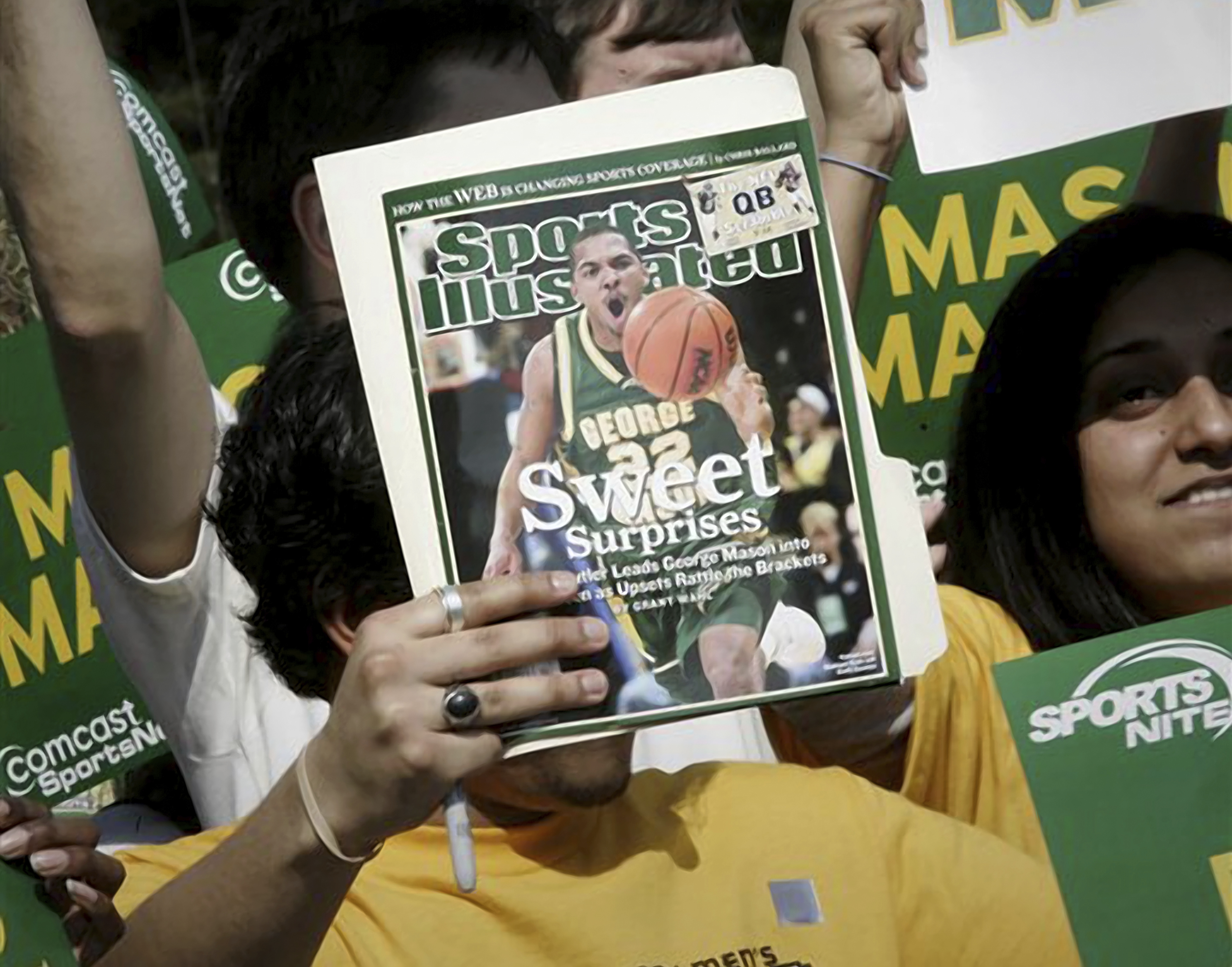OSPREY, Fla. (SNN TV) — It’s an out-of-this-world experience for four Suncoast eighth graders.
Last year, as four Pine View students considered the needs of the astronauts on the International Space station, they wondered: is the water clean up there?
“On the ISS, humans everywhere will need water. And especially in space, that’s a little harder to obtain,” said eighth grader Yatharth Kakkad.
So a year ago when he was in seventh grade, Kakkad, along with Rugan Suresh, Rishik Yellu, and Felix Ratner pitched an experiment. It involved microalgae.
“Microalgae has been able to be grown on the ISS before,” said Suresh.
Microalgae is also emerging as a literal green solution for water treatment on Earth.
“We’re testing how effectively the algae, Chlorella vulgaris, will remove phosphorous and nitrogen from the wastewater as nitrogen and phosphorous are the main contaminants of wastewater,” Yellu said.
The goal is simple: if their hypothesis is correct, and if the wastewater can be filtered in microgravity, then the nutrients Chlorella vulgaris is removing would also help the microalgae grow. It’s a perfect cycle to sustain life support systems in long space missions.
“We have the same experiment on the ground, and we’re going to test that as a control to see the difference between on space and on the ground,” explained Ratner.
And this isn’t a pie in the sky—or in space—idea. Their experiment is actually going to space.
The kids have already been in contact with NASA as part of the Student Spaceflight Experiments Program. Thirty-seven experiments will be launched from around the country and from Canada and Ukraine. At least 300 kids from a community had to be interested for a community to take part.
“We knew for a fact here at Pine View we could make 300 students interested in this competition,” said Dylan Bell, a science teacher at Pine View School.
These four kids were chosen to send their experiment out of this world, but not by themselves; they had a little help from USF.
“We don’t have all that professional equipment. They have large labs and lots of equipment that they can use to help guide these students,” Bell said.
And these Pine View instructors who are guiding the students also have some bragging rights.
“I’m the teacher facilitator, in a word, for this project. So I actually had to have my signature going to that payload going to the ISS. That is very cool!” said sixth grade Earth science teacher Marie Rosander.
But it’s all a backdrop to why this experiment is happening in the first place.
“You look at the ISS. They have astronauts from all over the world. This is the one place where people come together,” Rosander said.
“Space, it’s this thing we’ve all been learning since, like, kindergarten. Wow, this wonderful world, and we actually get to send something up there. To me and all my fellow teammates, it is truly an incredible opportunity that we’ve been provided by Pine View,” Kaddad said.
The launch is currently set for Nov. 9. It’s a flexible date that’s changed a few times, however, so the students and faculty have had to be flexible as well.

